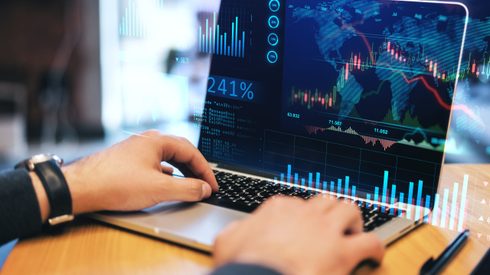“Thanks to the preventive measures we have taken, many of which were agreed upon by the communities near our Salar de Atacama Plant, we continue to operate normally at our sites in Chile with no impact to our production or shipments, and always maintaining the safety of our workers,” a spokesperson for lithium producer Albemarle told Fastmarkets.
Albemarle operates a lithium production facility in the lithium-rich Atacama salt flats in the Atacama Desert in northern Chile.
The other major lithium producer active in the Atacama salt flats is Chile’s Sociedad Quimica y Minera (SQM). A spokesperson for SQM confirmed with Fastmarkets that no disruption is expected by the new measures implemented in the country.
That said, market participants broadly anticipate the stricter restrictions in the country will add to the logistics disruptions which had emerged late last year.
The government of Chile, one of the richest lithium resources in South America, has taken new measures to curb the Covid-19 surge, including closing its borders for a month starting from Monday April 6.
The logistics of lithium from the South American country have been disrupted in the past few months by the global container shortage and general low efficiency of customs clearance and port handling amid the pandemic-induced disruptions, according to market participants.
“Precaution measures will cut the number of staff at customs and ports, resulting in low working efficiency,” a second producer source said. “Ultimately, it will takes more time to ship cargoes [from South America] to destinations.”
These disruptions come at a time of the agricultural goods exports peak from South America in the first quarter when shipments of those cargoes are usually prioritized, adding further difficulties for lithium exporters to secure containers, market participants told Fastmarkets.
“As perishable items tend to be booked preferentially, it becomes further harder under the Covid situation to book the containers for chemicals like lithium carbonate,” a distributor said.
As a result, spot availability of lithium from South America has been squeezed in seaborne Asian countries since early this year, while supply in China has also been tightened amid robust demand from the battery supply chain and tightened supply of spodumene, the key feedstock lithium smelters in the country.
Fastmarkets’ weekly assessment of the lithium carbonate, 99.5% Li2CO3 min, battery grade, spot price cif China, Japan and Korea rose to $10.50-12.00 per kg on Thursday April 8, up by 4.65% from $10-11.50 per kg previously. The price has risen by 66.67% from $6.00-7.50 per kg on January 7.
Fastmarkets’ assessment of the lithium hydroxide monohydrate 56.5% LiOH.H2O min, battery grade, spot price cif China, Japan & Korea rose to $11.50-12.50 per kg on Thursday, up by 2.13% from $11.00-12.50 per kg one week ago. The price has gained by 33.34% from the start of this year.
“[Chile situation] in addition to the tight vessel availability should push prices even higher in the second quarter,” a consumer predicted.






